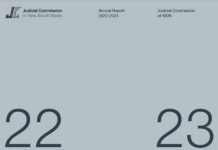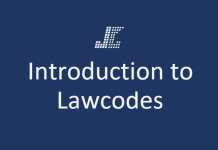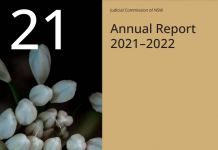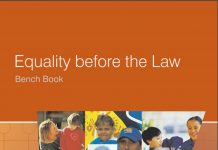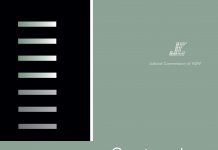High Court of Australia — Constitutional cases
In this landmark decision, the High Court (Bell, Nettle, Gordon and Edelman JJ in separate judgments; Kiefel CJ, Gageler and Keane JJ dissenting in separate judgments) held that Aboriginal Australians (understood according to the tripartite test in Mabo [No 2] v The Queen (1992) 175 CLR 1 at 70) are not within the reach of the “aliens” power conferred by s 51(xix) of the Constitution.
Federal Court of Australia — Native Title National Practice Area
Applications relating to native title claims concerning the rights and interests of Aboriginal and Torres Strait Islander peoples to land and waters according to their traditional laws and customs.
http://www.fedcourt.gov.au/law-and-practice/national-practice-areas/native-title
Aboriginal Legal Service — Australian Courts Considering Aboriginality Case Summaries
A database of decisions in criminal law from the superior courts of each Australian jurisdiction which have considered Aboriginality.
http://www8.austlii.edu.au/cgi-bin/viewdb/au/cases/other/AUCCACS
NSW Court of Appeal decisions
The Court of Appeal held that a court may order a hearing before a female magistrate if it is “necessary for the effective exercise of the court’s statutory powers”: at [119] per McCallum JA. A conditional stay of proceedings may be granted until a female magistrate can hear such a matter (at [25]; [45]; [119]). A court may limit the access to evidence in proceedings to females (lawyers, witnesses) for cultural or gender reasons (at [31]; [41]; [85]). This appears to be the first argument about a gendered bench in Australia.
The Court of Appeal held that an “Aboriginal child” for the purposes of the Adoption Act 2000 means a child descended from the people who lived in Australia before British colonisation. The court disapproved the decision Fischer v Thompson (Anonymised) [2019] NSWSC 773.
Supreme Court of NSW Equity Decisions — Probate cases
See the Equality before the law Bench Book at [2.3] for a discussion of the following cases:
- Re Estate Jerrard, deceased [2018] NSWSC 781
- The Estate of Mark Edward Tighe [2018] NSWSC 163
- Re Estate Wilson, Deceased [2017] NSWSC
Other jurisdictions
This case is a helpful example of how the Significance of Culture to Wellbeing, Healing and Rehabilitation report by Vanessa Edwige and Dr Paul Gray complements the content of the Bugmy Bar Book; see [84]–[85], [98].
- Waratah Coal Pty Ltd v Youth Verdict Ltd (No 5) [2022] QLC 4
In granting an application to take on country evidence from First Nations witnesses, the President of the Queensland Land Court decided that limiting First Nations witnesses to written statements was a limit to their right, and that of their community, to maintain
their culture about how they transmit traditional knowledge. The applicant had opposed on country evidence as unnecessary and involving disproportionate costs.


